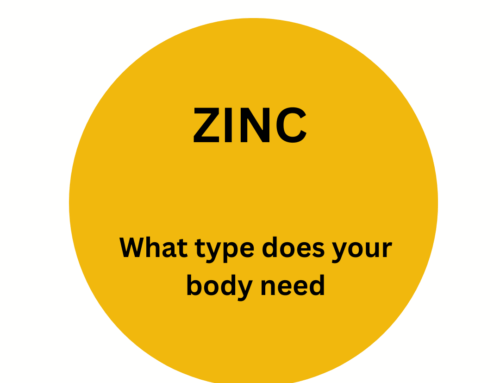Cardiovascular disease is the leading cause of death worldwide with an estimated 18 million deaths yearly! The process that affects the heart also affects other parts of our body like the vascular diseases of the brain causing dementia, strokes and transient ischemic attacks. Peripheral arterial disease affecting the limbs and resulting in pain with walking and poor blood flow/circulation. Aortic vascular disease can be associated with aneurysms. You can see this is not a small subject. We still do not have all the missing pieces to helping diagnose the predictors of disease because in a study nearly 75% of people who were in the hospital for a heart attack had cholesterol levels that were not at high risk for a cardiovascular event based on our current guidelines!! YIKES!!
We just recently did a test in our office called the multifunction cardiogram (MCG) which is more of a predictive test and boy did I learn a ton!! Turns out, all the parameters we have been targeting in our functional medicine approach really do matter and in fact make a huge impact of your risk of cardiovascular events. I want to share 11 important areas of concern that you need to be taking care of right now to decrease your risk!!
READ ON…
I have been talking about inflammation for years and how increased inflammation leads to increased morbidity of all types. This MCG test really drove it home though. Here are the 11 parameters that affect your cardiovascular health and most of them involve inflammation.
- Blood sugar (pre-diabetes and diabetes). You will be surprised that a person’s inflammatory response when someone overeats carbohydrates is NOT different between a pre-diabetic and a diabetic! This is why it is crucial to target those early signs of insulin resistance in your blood work and get your blood sugars into OPTIMAL ranges. Regular testing often misses this so you have to do a deeper dive to uncover true insulin resistance. Get your hemoglobin A1C down closer to 5.0 and you will at least be on your way.
- Cholesterol: yes, it really does matter. We still don’t know all the ins’ and outs’ of cholesterol and why some people can have high cholesterol with no issues and others have normal cholesterol with major issues. Yes, genetics plays a factor as well as other lifestyle choices like smoking, obesity and lack of exercise. At the end of the day though, it is still very important to keep these numbers as optimal as possible! Don’t just look at the total cholesterol number – pay attention to the LDL and triglyceride as well as the HDL for the true picture and if you have read any of my newsletters before you know there is much, much more than even this.
- Hypertension – high blood pressure. High blood pressure is often indicative of a larger underlying process so this just makes sense to make the necessary lifestyle changes and do whatever it takes to keep your blood pressure under good control.
- Chronic kidney disease- when the kidneys don’t function well the body has a difficult time eliminating. Studies show a link between people with kidney disease and heart disease and if there is a cardiac event they have a tendency to not do as well.
- Gut microbiome- yes! Your gut issues that you have just lived with your entire life can make a difference in your cardiovascular health!
- Sleep disorders- sleep apnea and very altered, prolonged sleep disturbances have been shown to affect your cardiovascular health. Get evaluated for sleep apnea even if you don’t want to and make peace with that CPAP!!
- Obesity- you will be surprised what weight is considered obese. Look at the body mass index calculators and anything over 30 is considered obese. This is important because studies show people in this category are at high risk for many health conditions. I know you have tried to lose the weight before and it is so discouraging but you need to keep working on this and keep looking at different avenues to help with your weight loss goals.
- Autoimmune, inflammation, thyroid- making sure you have all of these evaluated and addressed is important as we know that inflammatory conditions accelerate plaque formation.
- Mitochondrial dysfunction- the mitochondria are the cellular power houses and when these are not functional the entire body can suffer.
- Mental health disorders – I have to admit when I saw this on the list I was surprised. There are more and more studies linking the risk of heart disease with associated mental health issues especially depression, anxiety, high stress, PTSD and mood disorders. The physiological effects of these conditions can create increased heart rate/blood pressure, higher levels of cortisol and reduced blood flow to the heart which over time can increase plaque buildup. In addition, people who have mental health disorders may be more prone to adopting coping mechanisms that aren’t as healthy such as smoking, sedentary lifestyle, increased alcohol and drug use as well as poor diet and exercise.
- Genetics – I have written about the MTHFR gene recently and I have learned even more when looking at how this gene contributes to cardiovascular dysfunction. Lesser players include the COMT pathway responsible for hormone metabolism and the APOE gene which is felt to be connected to Alzheimers. In addition, if you have an immediate family member who has had a stroke or cardiovascular event (I count having heart surgery as an event, too) before the age of 55 for men and 65 for women then you may have a genetic component even without trying to specify it so look deeper!!
Time to take action!! Let us help you identify your risk factors and develop a plan.
To your health,
Laura









